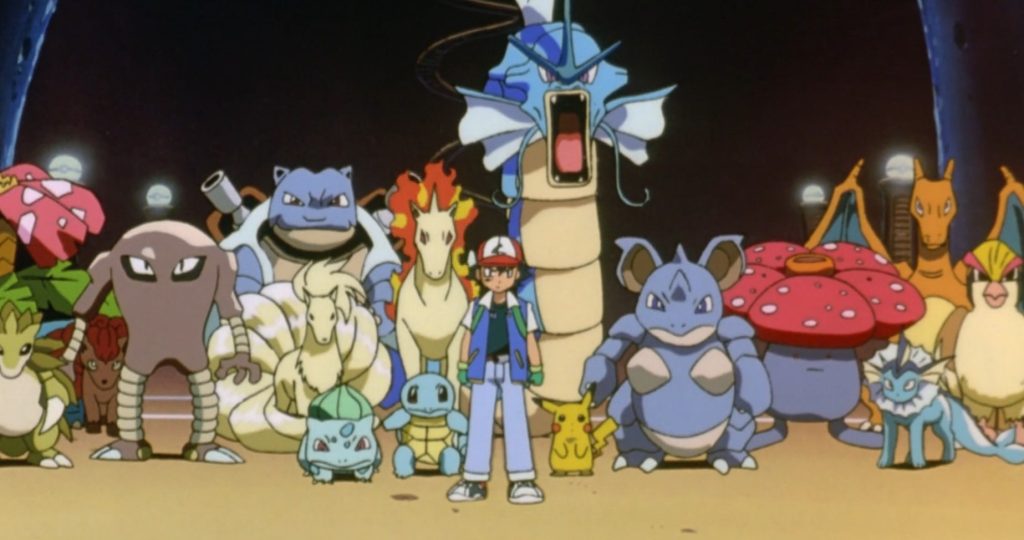
Pokémon: The First Movie – Mewtwo Strikes Back, originally released in 1998, stormed onto the scene like a thunderbolt, electrifying audiences with its bold departure from the lighthearted tone of the anime series. It tackled mature themes of existentialism, creation, and the ethics of scientific experimentation, all wrapped in a thrilling adventure featuring Ash Ketchum and his beloved Pikachu.
Animation on the Rise: Pushing the Boundaries of Pokémon’s Visual World
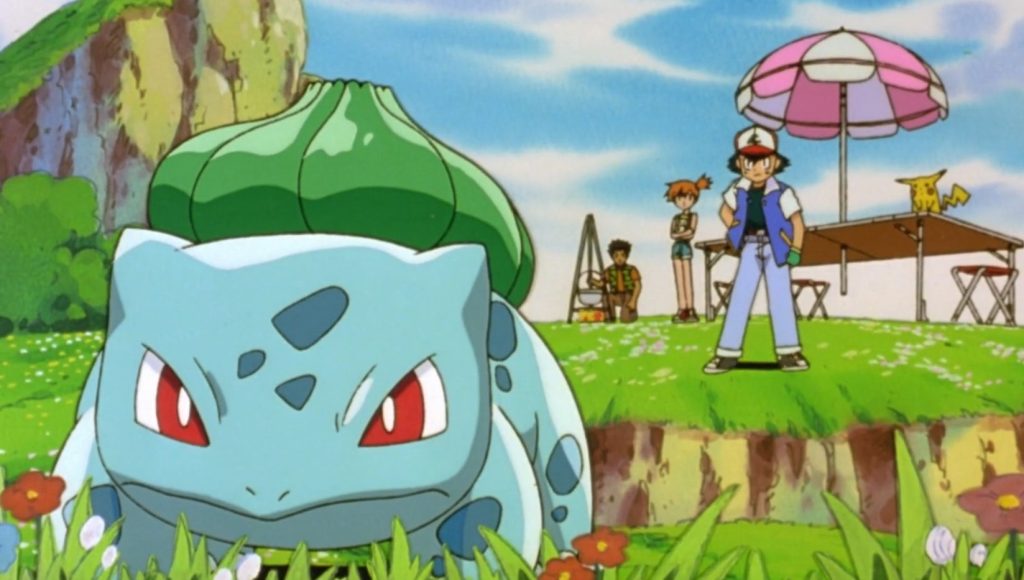
While the animation may not compare to today’s CGI spectacle, for its time, it was groundbreaking. The action sequences crackled with energy, particularly the climactic battle between Mewtwo and the Pokémon clones. The film pushed the boundaries of what animation could achieve, showcasing sweeping landscapes, detailed character expressions, and awe-inspiring transformations that left both children and adults on the edge of their seats.
A Flawed Gem: Narrative Shifts and Lost Nuances
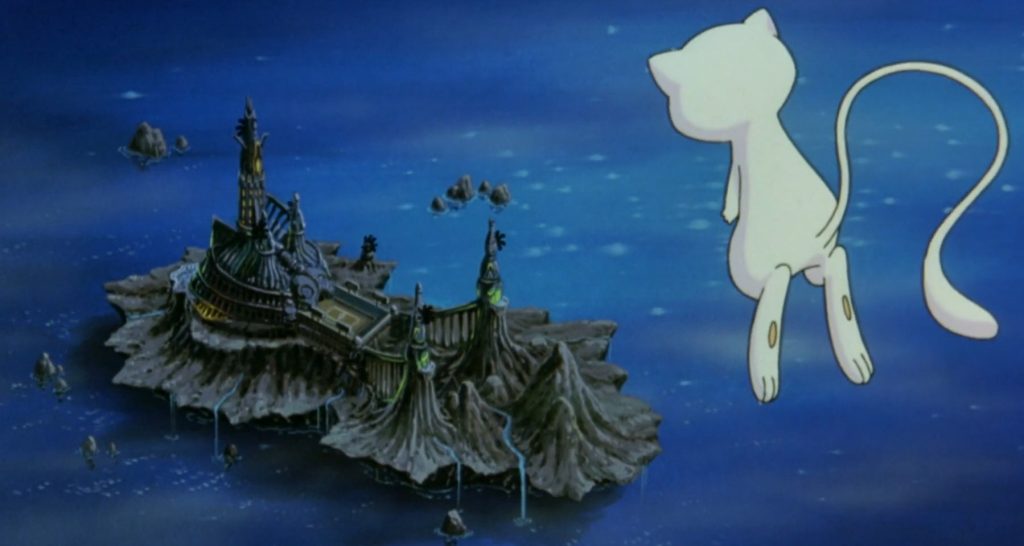
However, the film isn’t without its flaws. The English dub, in an attempt to make the plot more marketable for younger audiences, significantly alters Mewtwo’s character and motivations. The original Japanese version delves deeper into his existential questioning and the emotional turmoil of a being created solely for its power. This change dilutes the film’s thematic weight and reduces Mewtwo to a villainous caricature.
A Haunting Melody: Music that Sticks with You Long After the Credits Roll
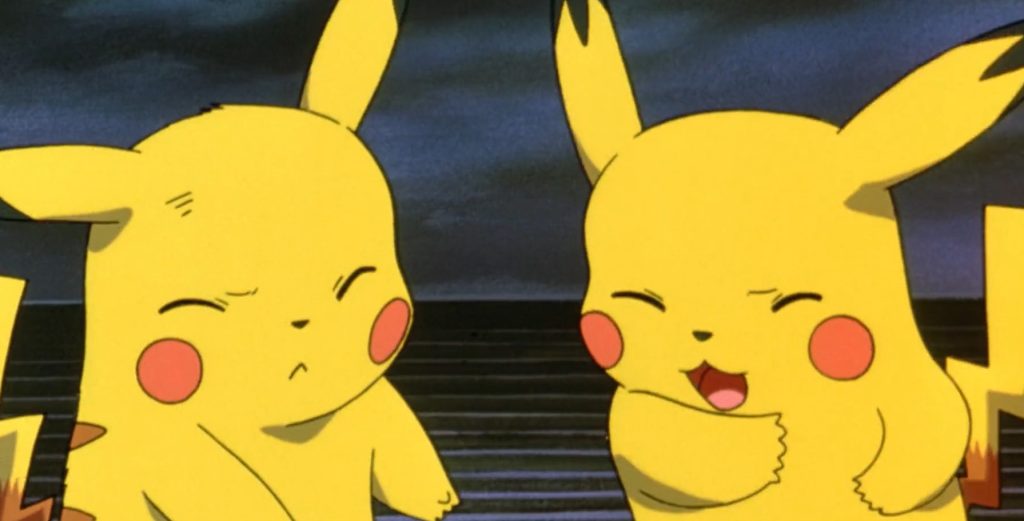
One element that transcends both language and time is the film’s score. Mewtwo’s theme, a melancholic yet powerful orchestral piece, perfectly captures the character’s internal struggle. The iconic “Brother My Brother” ballad adds a poignant layer of emotion, especially as Pikachu desperately attempts to revive Ash after Mewtwo’s psychic attack.
FAQs: Answering Trainers’ Curious Minds
1. Does the movie hold up after all these years?
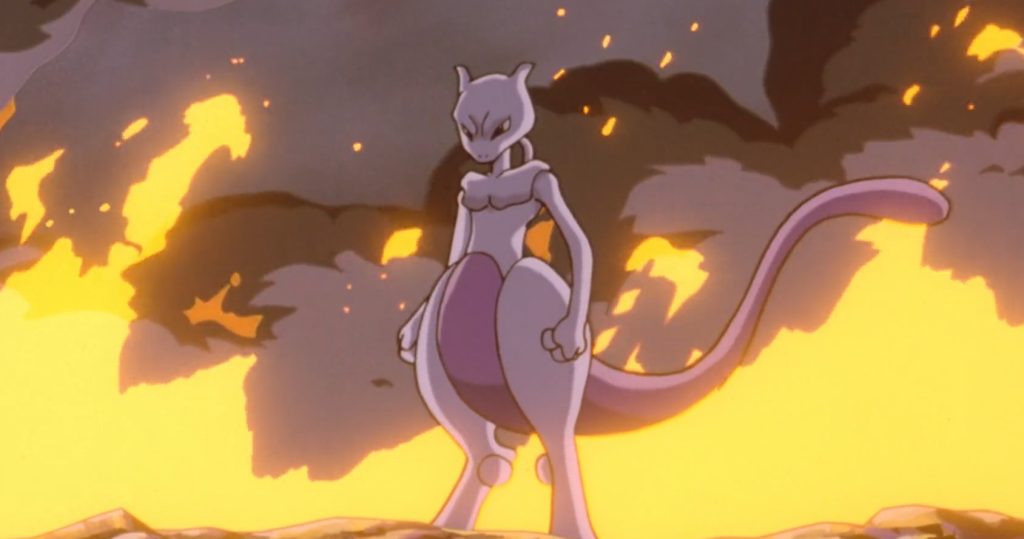
While the animation may appear dated and the plot occasionally stumbles, the film’s emotional core and core themes remain surprisingly relevant. It’s a reminder of the power of friendship, compassion, and understanding, even in the face of existential angst. For longtime fans, it’s a nostalgic trip down memory lane, while newcomers might appreciate its historical significance and darker tone compared to the series’ typical fare.
2. What’s the difference between the Japanese and English versions?
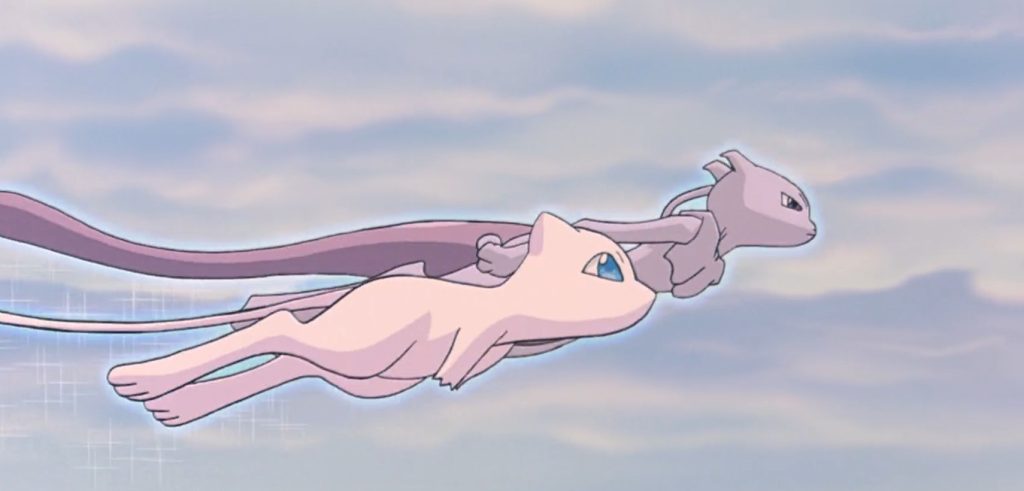
The main difference lies in Mewtwo’s portrayal. The Japanese version delves deeper into his origin story and emotional complexity, showcasing him as a conflicted being searching for his place in the world. The English dub simplifies his motivations and portrays him as a more generic villain. Additionally, the Japanese version features a longer prologue explaining Mewtwo’s creation, adding further depth to the narrative.
3. Is it worth watching for someone who hasn’t seen the anime series?
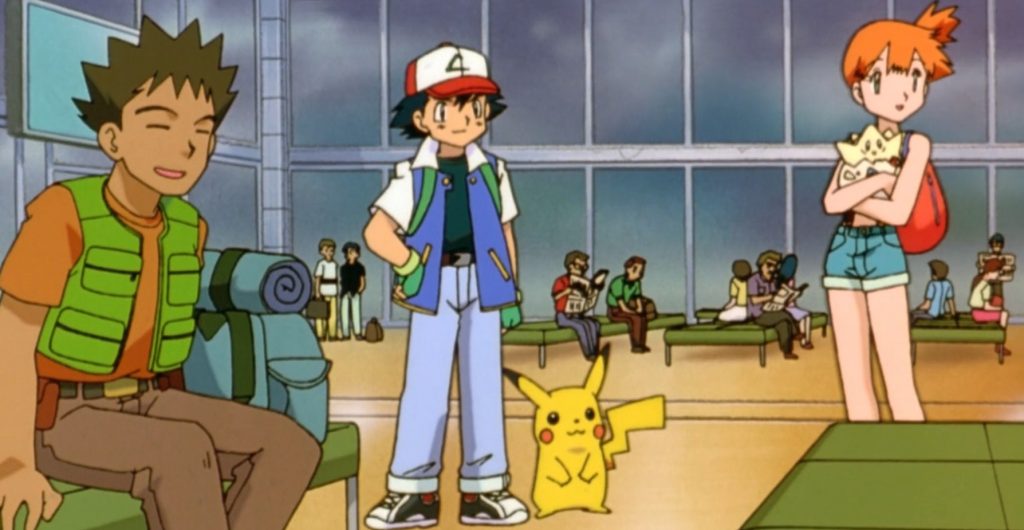
While familiarity with the characters and the Pokémon world enhances the experience, the film is largely self-contained. The themes and emotions are universal, making it accessible even to casual viewers. However, for a more fulfilling experience, watching the anime beforehand might provide valuable context and emotional investment.
Verdict: A Flawed Yet Enduring Masterpiece
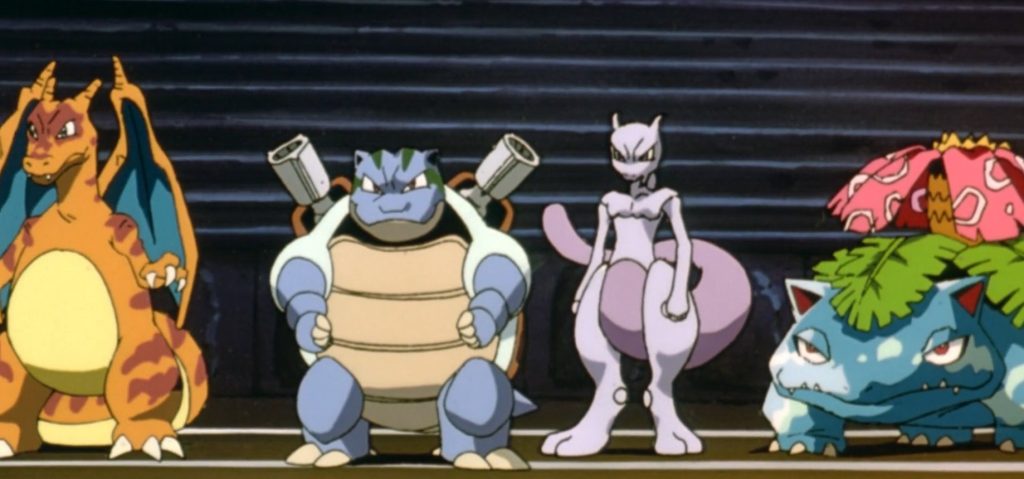
Pokémon: The First Movie – Mewtwo Strikes Back is more than just a children’s cartoon. It’s a complex and thought-provoking film that tackles mature themes with surprising depth.
While the English dub’s alterations and the occasional narrative misstep hold it back from reaching its full potential, the animation, music, and core message of compassion and understanding solidify its place as a nostalgic classic. So, trainers, gather your Poké Balls and revisit this iconic film. Just remember, Mewtwo’s story might leave you a little shaken, but it’s a journey worth taking for the emotional resonance and enduring lessons it offers.
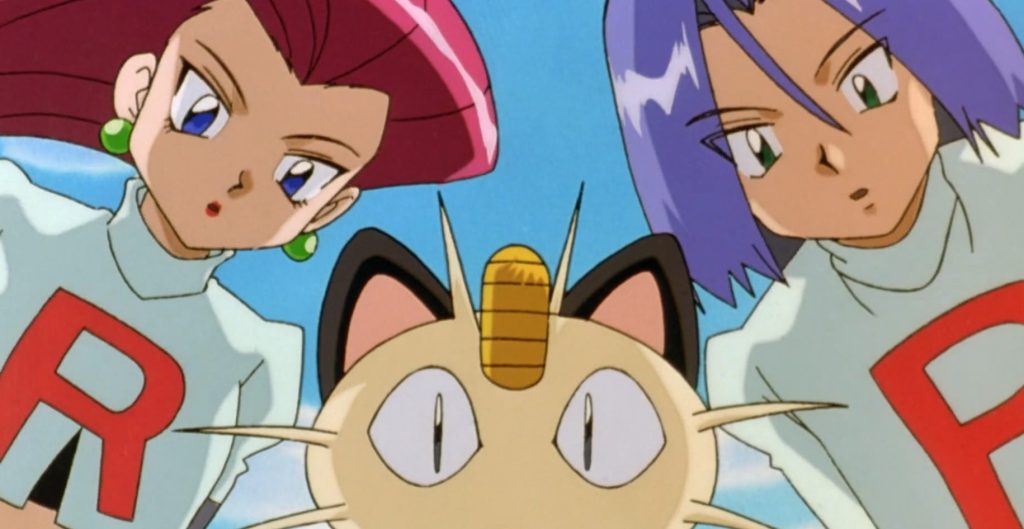
Overall: A flawed masterpiece that still packs an emotional punch and offers a unique perspective on the Pokémon universe. Recommended for both nostalgic fans and curious newcomers, just be prepared for a darker and more introspective tone than typical Pokémon Movies.